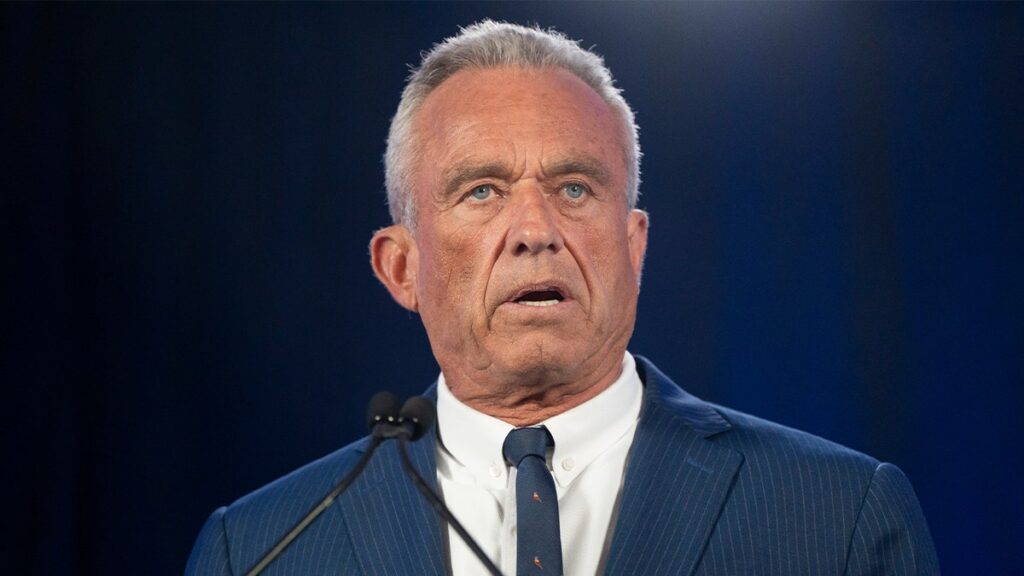In a recent cabinet meeting, the U.S. Secretary of Health and Human Services, Robert F. Kennedy Jr., announced an ambitious plan to uncover the causes of autism by this September. Kennedy’s declaration promises a comprehensive research initiative involving hundreds of scientists aimed at addressing what he terms an “autism epidemic.” However, this announcement has sparked widespread concern and criticism from autism advocates, scientists, and public health experts.
The Autism Epidemic: A Complex Issue
Autism Spectrum Disorder (ASD) is a complex developmental disorder characterized by various challenges with social skills, repetitive behaviors, and communication. The Centers for Disease Control and Prevention (CDC) indicates a significant increase in autism diagnoses over the past two decades, with reported rates among 8-year-olds rising to approximately 2.77% by 2020. While some experts attribute this increase to improved awareness and broader diagnostic criteria, the debate surrounding the potential causes of autism continues to generate intense discussion.
Kennedy, known for his long-standing opposition to vaccines, has drawn on debunked theories that link vaccinations to autism. During his announcement, he suggested that there are various environmental exposures contributing to autism, stating, “By September, we will know what has caused the autism epidemic and we’ll be able to eliminate those exposures.”However, experts emphasize the intricacies involved in understanding autism’s origins and caution against oversimplified claims.
Expert Opinions on Kennedy’s Research Initiative
Autism advocates and health professionals have expressed skepticism about Kennedy’s plans. Many believe that his approach is unrealistic and fundamentally flawed. The National Institutes of Health (NIH), which currently allocates over $300 million annually for autism research, highlights the multifactorial nature of the disorder. Scientists note factors such as genetics, environmental influences, and prenatal exposures, but no singular cause has been definitively identified.
“The notion that one could determine a singular cause of autism in mere months is preposterous,” stated Dr. Amy Lee, a pediatric neurologist. “Research takes time, rigor, and comprehensive analysis, something that cannot be rushed.”
The Autism Society of America recently released a statement condemning Kennedy’s plan, labeling it as “harmful, misleading, and unrealistic.” This sentiment was echoed by autism advocacy groups that have long fought against vaccine misinformation, which often stigmatizes autistic individuals as burdens or disorders to be eradicated.
A Misguided Focus on Vaccines
Additionally, since assuming office, Kennedy has made significant budget cuts to the Department of Health and Human Services (HHS), which oversees essential health research projects, including those by the NIH. Cutting funding for evidence-based research while promoting potentially fraudulent studies undermines the integrity of health initiatives aimed at improving the lives of those diagnosed with autism.
Throughout the U.S. political and public sphere, the idea of vaccines being linked to autism gained traction through a controversial 1998 study by Andrew Wakefield, which has since been thoroughly discredited. Despite overwhelming scientific evidence debunking this connection, Kennedy’s leadership appears to reinforce a narrative that aligns with anti-vaccine sentiments.
Additionally, since assuming office, Kennedy has made significant budget cuts to the Department of Health and Human Services (HHS), which oversees essential health research projects, including those by the NIH. Cutting funding for evidence-based research while promoting potentially fraudulent studies undermines the integrity of health initiatives aimed at improving the lives of those diagnosed with autism.
The Role of Advocacy Moving Forward
Community organizations and advocacy groups must unite to advocate for scientific rigor and ethical responsibility in autism research. The contemporary discourse should prioritize the health and well-being of autistic individuals rather than perpetuating the myths surrounding their existence. Advocates emphasize that autistic people deserve rights, respect, and support to live fulfilling lives rather than being viewed through a lens of stigma or epidemic narratives.
This situation presents an opportunity for autism advocates to engage policymakers, ensuring that sound research provides the foundation for any public health initiative regarding autism. Continuing efforts to educate the public on scientific facts surrounding autism is essential to combat misinformation and promote acceptance and understanding.
As we navigate these challenging times, the commitment to rigorous scientific exploration and advocacy will shape the future direction of autism research and support.
Through collaborative efforts, we can refocus the conversation surrounding autism on enhancing the quality of life for those on the spectrum and emphasizing the importance of compassion and inclusion.

